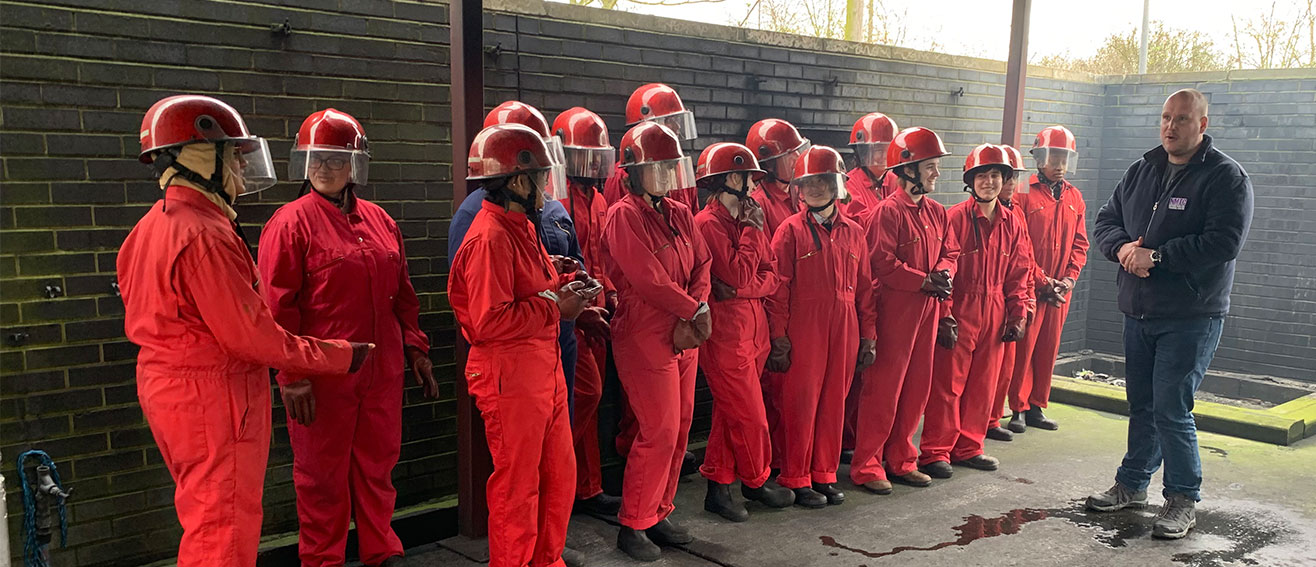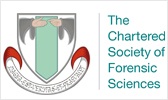Overview
Course is subject to validation.
The Foundation Year provides you with a good understanding of the scientific concepts that underpin Forensic Science; students gain knowledge and practical skills that prepare them for the BSc Forensic Science. The course is modular in structure and allows all science foundation students within the school of Applied Science to be together for the first part of the study period. Students who wish to change programme at the end of this period can do so through consultation with the course director.
Its an exciting way to explore and learn about all kinds of science. The second part of the course specialises in forensic science core subjects accompanied by some specialist laboratory work. There is a good mix of assessment strategies with an emphasis on “learning by doing” and problem solving. Once completed there is a seamless integration with the parent BSc (Hons) in Forensic Science. The course will suit those students who are enthusiastic about Forensic Science yet have not developed all the knowledge and skills to study the subject at an advanced level. It delivers a future-fit curriculum at Foundation level and a great introduction to university life allowing you to become confident in your abilities and broadening your horizons.
Why Forensic Science at LSBU?
- check-circle
- We’re ranked 8th in the UK for Student Satisfaction (Complete University Guide 2022)
- link
- This course is accredited by The Chartered Society of Forensic Sciences
- eye-dropper
- Our specialised facilities include our very own Crime Scene Flat, and an extensive range of analytical instrumentation dedicated to forensic science students
- heartbeat
- Our staff members are experts in their respective fields including Fingerprints, DNA, Explosives, Fire, Fibres and sexual assault.
Watch the video below to see Forensic Science students witnessing a flashover, caused by mixing hot fat with water, on a visit to a fire ground organised by Fire Investigation Consultants Prometheus.
| ModeFull-time | Duration4 years | Start dateSeptember | Application code5928 | Application method UCAS |
Watch our video to see how you can make yourself at home studying at LSBU.
Location
London South Bank University student union is located at 103 Borough Rd, London SE1 0AA.
If you are visiting our Southwark Campus, you may wish to use our downloadable campus map (PNG File 466 KB). For information on accessibility, see our DisabledGo access guides. See our location page for more details.





